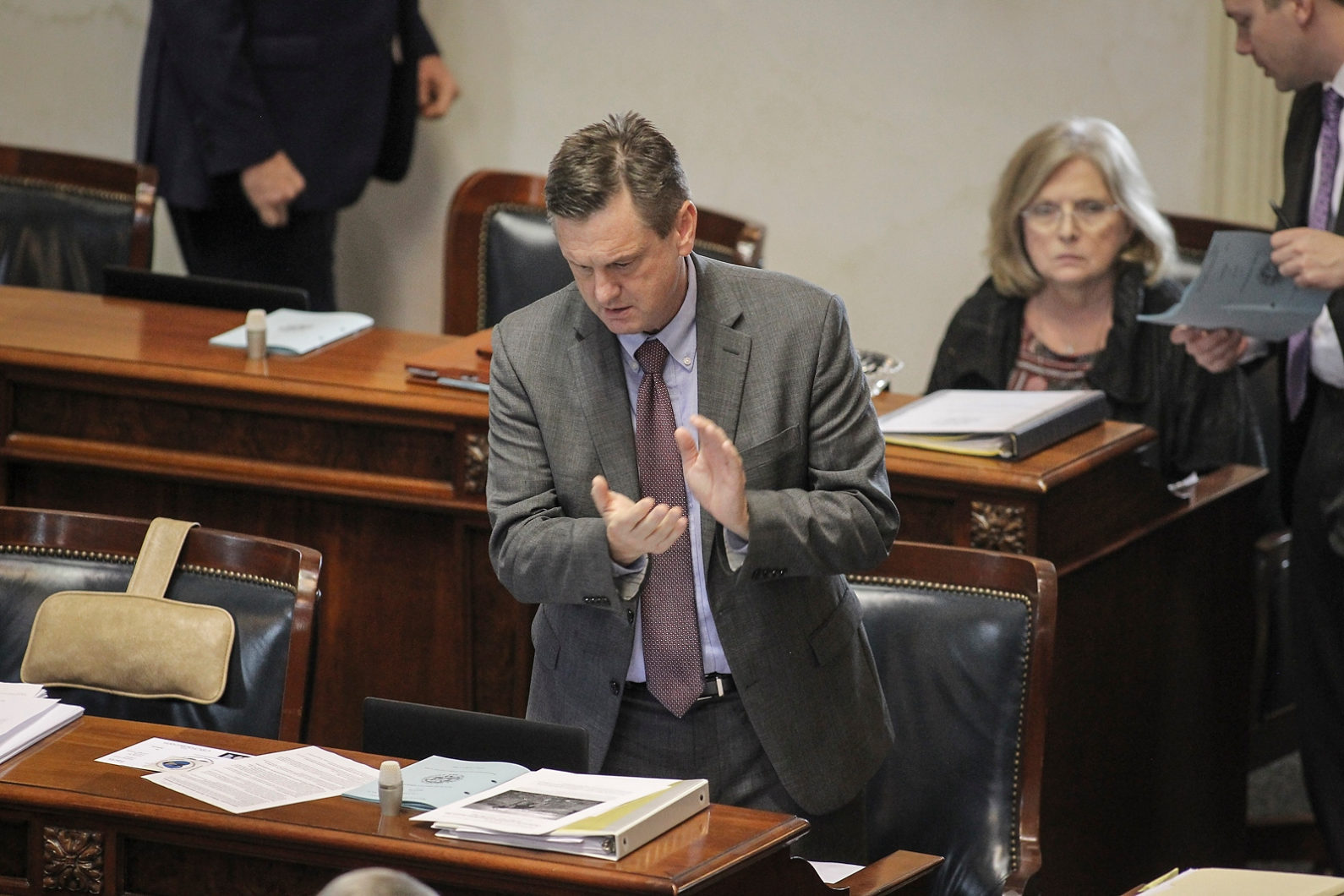Tom Davis: Responding To ‘Strange Bedfellows’ Criticism
“The objective here … is for consumers to pay rates that are a function of what competition in the energy production market dictates.”
RE | Strange Bedfellows
Dear Editor,
I didn’t watch or participate in other parts of a rece
